Capitalism is an economic ideology in which the means of production is controlled by private business. This means that individual citizens run the economy without the government interfering in production or pricing. Instead, pricing is set by the free market. This means that value is based on supply and demand and the relationship between producers and consumers.
Capitalism is very different from socialism and communism, in which the government maintains tight control of the economy. The United States is arguably the most well-known country with a capitalist economy, which many citizens see as an essential part of democracy and building the “American Dream.” Capitalism also taps into the American spirit, being a more “free” market when compared to the more government-controlled alternatives.
Top Capitalist Countries in 2024 According to the Heritage Foundation
According to the Heritage Foundation’s 2024 Index of Economic Freedom, the top capitalist countries, ranked by their overall economic freedom score, are as follows:
- Singapore with a score of 83.9
- Switzerland with a score of 83.8
- Ireland with a score of 82.0
- Taiwan with a score of 80.7
- New Zealand with a score of 78.9
- Estonia with a score of 78.6
- Luxembourg with a score of 78.4
- Netherlands with a score of 78.0
- Denmark with a score of 77.6
- Sweden with a score of 77.5
1. Singapore: The World’s Freest Economy
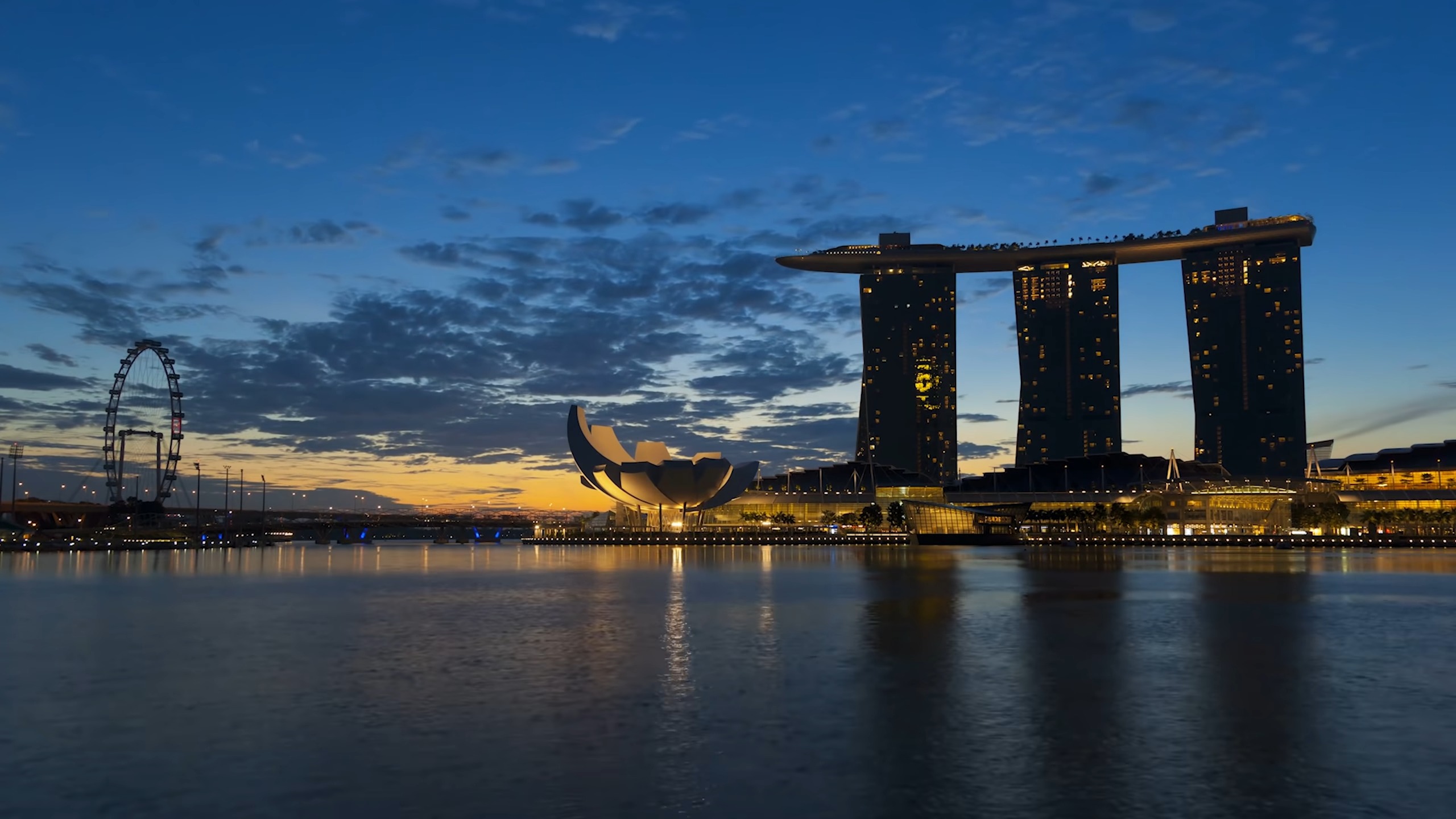
According to the Heritage Foundation, Singapore’s economic freedom score is 83.9, making its economy the world’s freest in the 2024 Index. Singapore is ranked 1st out of 39 countries in the Asia–Pacific region. Its overall score remains significantly higher than the world and regional averages.
Economic Insights
- Rule of Law: Singapore’s rule of law is impeccable. Property rights are well-protected, the judiciary is independent, and corruption is virtually non-existent.
- Open Markets: Singapore’s port is one of the busiest in the world, and its open-market policies have attracted businesses and investors from all corners of the globe.
Political and Social Landscape
Singapore is a parliamentary republic with a multi-party system. While the People’s Action Party has been dominant, the political landscape is stable. The government’s focus on education, infrastructure, and technology has positioned Singapore as a leader in various sectors, from finance to pharmaceuticals.
2. Switzerland: A Close Second
As per Heritage Foundation, Switzerland’s economic freedom score is 83.8. This places Switzerland a close second to Singapore in terms of economic freedom. Switzerland is known for its banking sector, high standard of living, and well-developed infrastructure.
Economic Insights:
- Rule of Law: Switzerland’s legal system is robust, ensuring that property rights are protected and contracts are enforced.
- Open Markets: Known for its banking secrecy, Switzerland is also home to numerous multinational corporations, thanks to its business-friendly environment.
Political and Social Landscape: Switzerland is a federal republic with a unique system of direct democracy. Its policy of neutrality and commitment to peace has made it a hub for diplomacy, with cities like Geneva hosting numerous international organizations.
3. Ireland: A Beacon of Capitalism in Europe
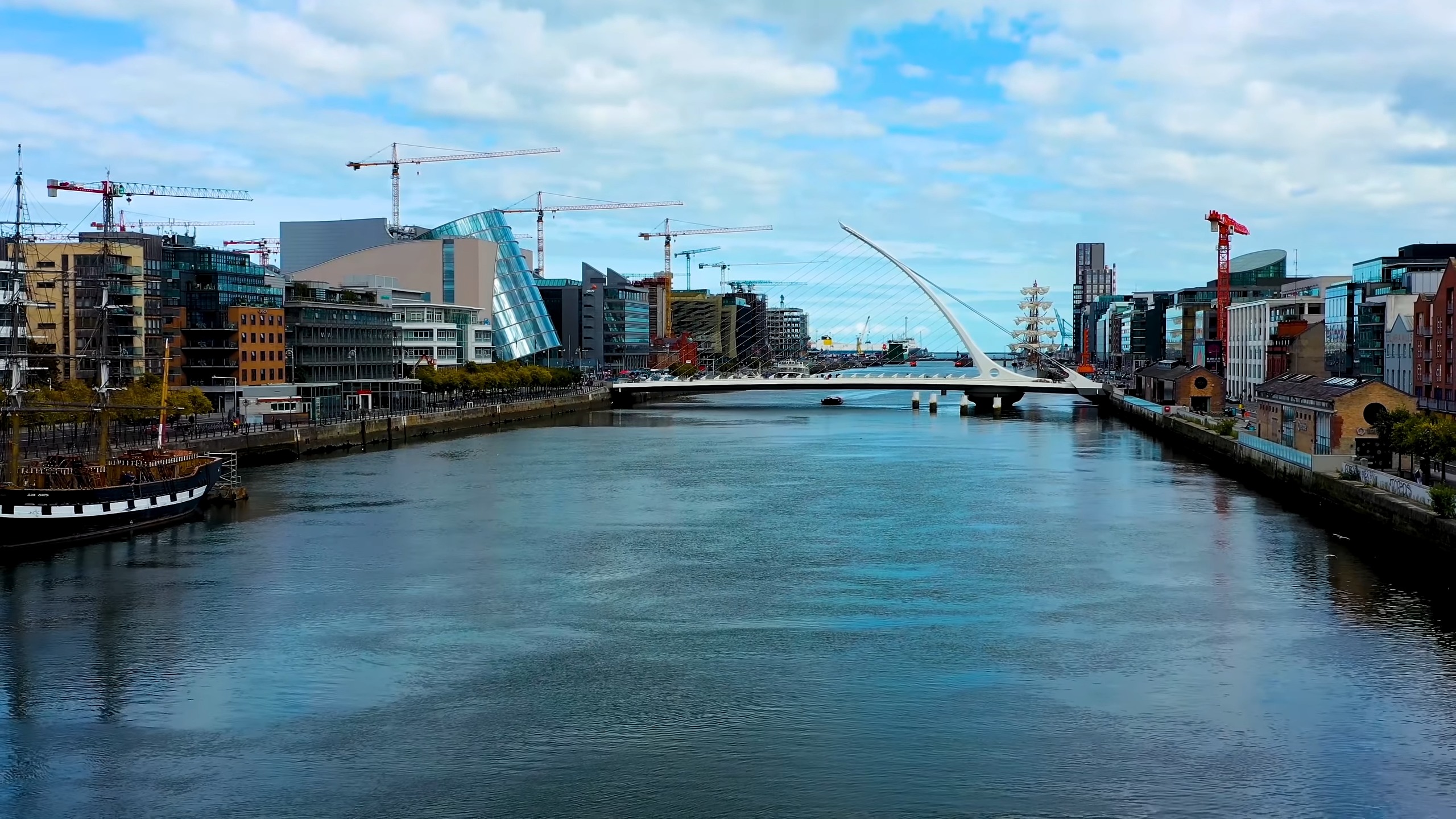
Heritage Foundation, says that Ireland’s economic freedom score for 2024 is 82.0, making its economy the 3rd freest in the world. This score places Ireland at the forefront of capitalist economies, especially in the European region.
Economic Insights
- Rule of Law: Ireland’s legal system is transparent, ensuring businesses operate with confidence.
- Open Markets: With its low corporate tax rates, Ireland has attracted numerous tech giants, making Dublin’s “Silicon Docks” a tech hub.
Political and Social Landscape
Ireland is a parliamentary democracy. Its economy, once primarily agricultural, has diversified into technology, pharmaceuticals, and finance. The nation’s pro-business policies, coupled with its rich culture, have made it a magnet for businesses and tourists alike.
4. Taiwan: An Asian Powerhouse of Capitalism
Taiwan’s economic freedom score for 2024 is 80.7, making it the 4th freest economy globally according to same source. This score is a testament to Taiwan’s commitment to economic freedom and its position as a leader in the Asia-Pacific region.
Economic Insights
- Rule of Law: Taiwan’s legal system is robust, ensuring businesses operate in a transparent environment.
- Open Markets: Known for its tech industry, Taiwan is a major player in the global semiconductor market.
Political and Social Landscape
Taiwan is a multiparty democracy. While it faces political challenges, primarily from its larger neighbor, China, its commitment to democracy and economic freedom remains unwavering. The nation’s industries range from technology to healthcare, and its policies continue to foster innovation.
5. New Zealand: Kiwi Capitalism
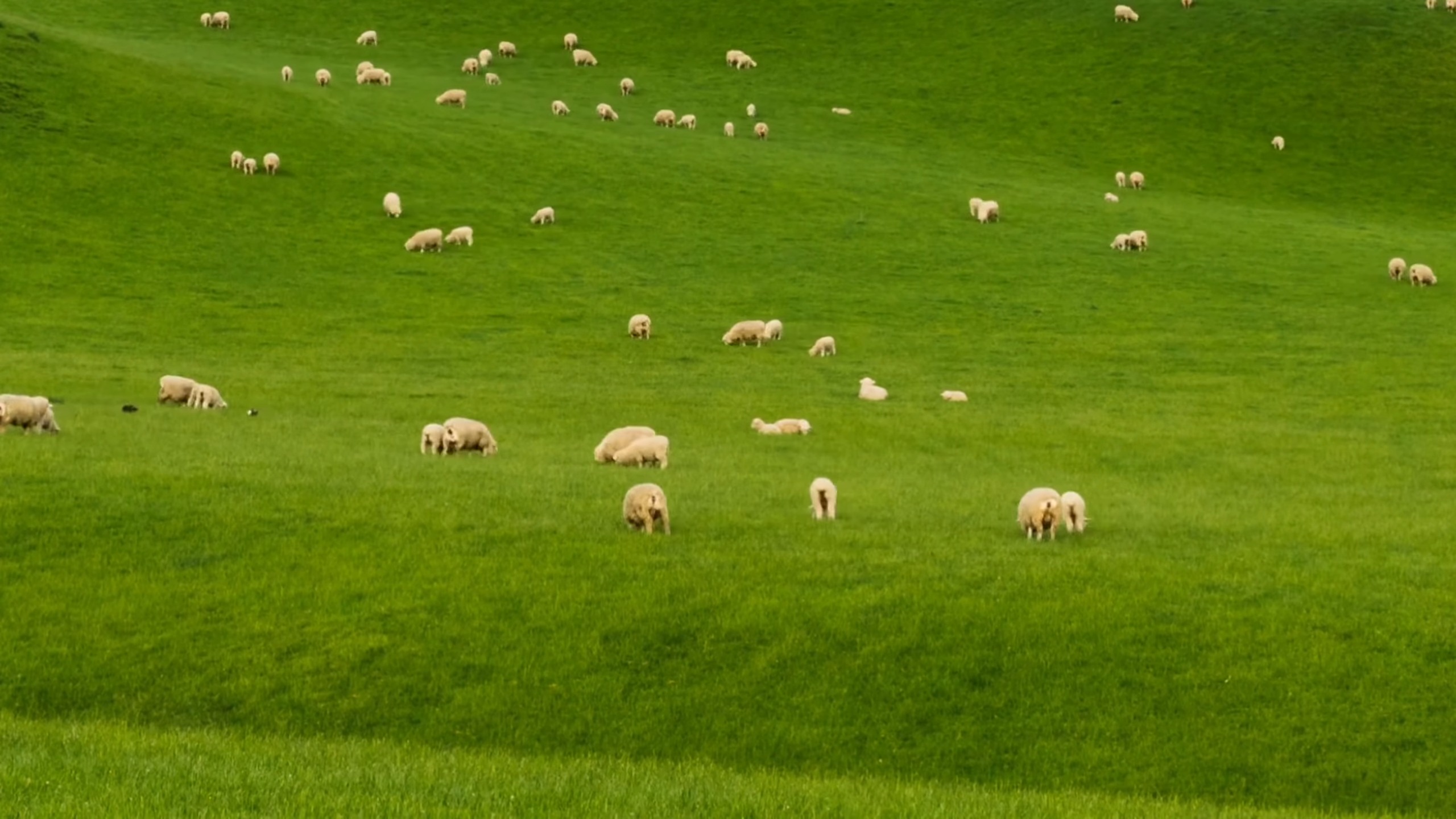
New Zealand, known for its breathtaking landscapes and indigenous Maori culture, is also a significant player in the global economic arena. Its commitment to free trade and transparent policies has made it a favorite destination for investors and businesses alike.
Economic Insights
- Rule of Law: New Zealand’s adherence to the rule of law is commendable. The nation boasts strong property rights, an effective judiciary, and high government integrity, as highlighted by the Heritage Foundation.
- Open Markets: New Zealand’s trade freedom score is an impressive 90.4, reflecting its commitment to global trade. The nation’s financial sector is robust, competitive, and offers a diverse range of services.
Political and Social Landscape
The former British colony has evolved into one of the Asia–Pacific region’s most prosperous countries. The 2017 general elections saw the center-left Labor Party, led by Prime Minister Jacinda Ardern, return to power.
The nation has undergone significant deregulation and privatization since the 1980s, liberating its economy. Agriculture remains a vital sector, complemented by manufacturing, tourism, and a burgeoning geothermal energy resource base.
The ongoing trade tensions between the U.S. and China are of particular concern to New Zealand, given its heavy reliance on China for export revenue.
6. Estonia: From Soviet Shadows to Capitalist Luminary

As I rad on CNBC Estonia, a Northern European nation, has emerged as a beacon of economic freedom in the post-Soviet era. Its rapid digital transformation and commitment to open markets have positioned it as a leading economy in the region.
Economic Insights
- Rule of Law: Estonia’s commitment to the rule of law is evident in its impressive scores for property rights (92.1), judicial effectiveness (92.9), and government integrity (83.2), as per the Heritage Foundation.
- Open Markets: The nation’s trade freedom score stands at 78.6, reflecting its dedication to global commerce. Estonia’s investment freedom is also noteworthy with a score of 90.0, showcasing its welcoming stance towards foreign investments.
Political and Social Landscape
Estonia has been an independent nation since 1991 and has established itself as a stable multiparty democracy. It joined NATO and the European Union in 2004, and in 2010, it became the first former Soviet state to adopt the euro.
Prime Minister Kaja Kallas of the pro-market Reform Party formed a new coalition government in July 2022. The nation’s economy is characterized by robust electronics and telecommunications sectors, coupled with strong regional trade ties. Estonia’s support for Ukraine stands out, making it the largest per capita supporter of the country.
7. Luxembourg: The Grand Duchy’s Grand Economic Design
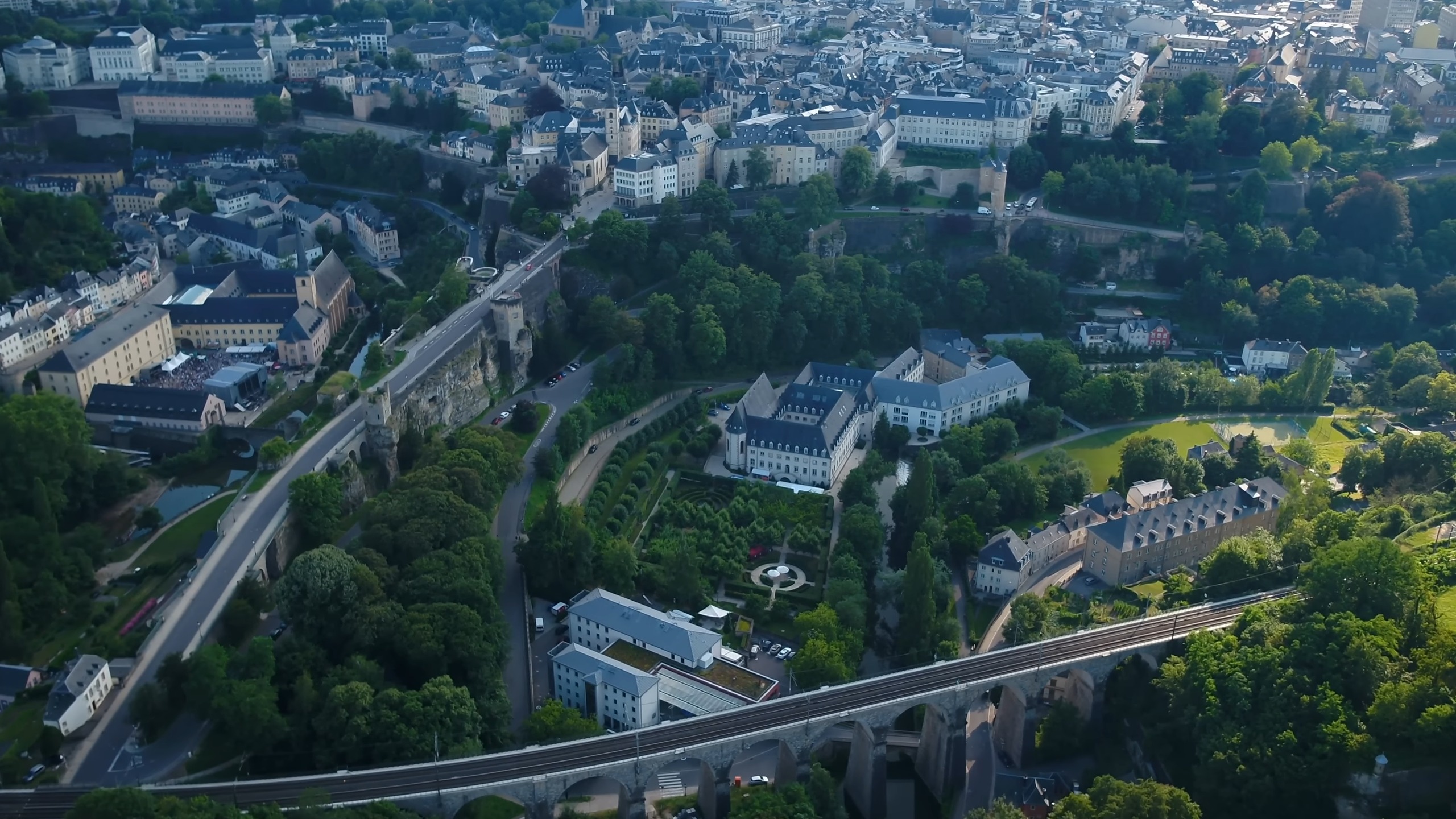
Luxembourg, the Grand Duchy, is not just a picturesque European nation but also a significant player in the global financial sector as highlighted by Alianz Trade. Its strategic location in Europe and business-friendly policies have made it a preferred destination for investors, especially in the financial domain.
Economic Insights
- Rule of Law: Luxembourg’s rule of law is highly respected. The country boasts impressive scores for property rights (96.8), judicial effectiveness (96.5), and government integrity (89.7), as highlighted by the Heritage Foundation.
- Open Markets: The nation’s trade freedom score is 78.6, and its investment freedom stands at a remarkable 95.0. Luxembourg’s financial sector is well-developed, competitive, and plays a pivotal role in its economy.
Political and Social Landscape
Luxembourg, a founding member of the European Union in 1957 and the eurozone in 1999, ardently promotes European integration. The Democratic Party’s Prime Minister, Xavier Bettel, leads a left-leaning coalition.
The nation enjoys unparalleled prosperity, with the recent recession in 2009 being its first in six decades. Luxembourg’s economy is a blend of manufacturing and services, with financial services contributing to 25% of its GDP.
The country is also emerging as a hub for the 21st-century information economy, thanks to its low energy costs, reliable electricity grid, and stable governance.
8. Netherlands: Waters Amidst Tulips and Trade
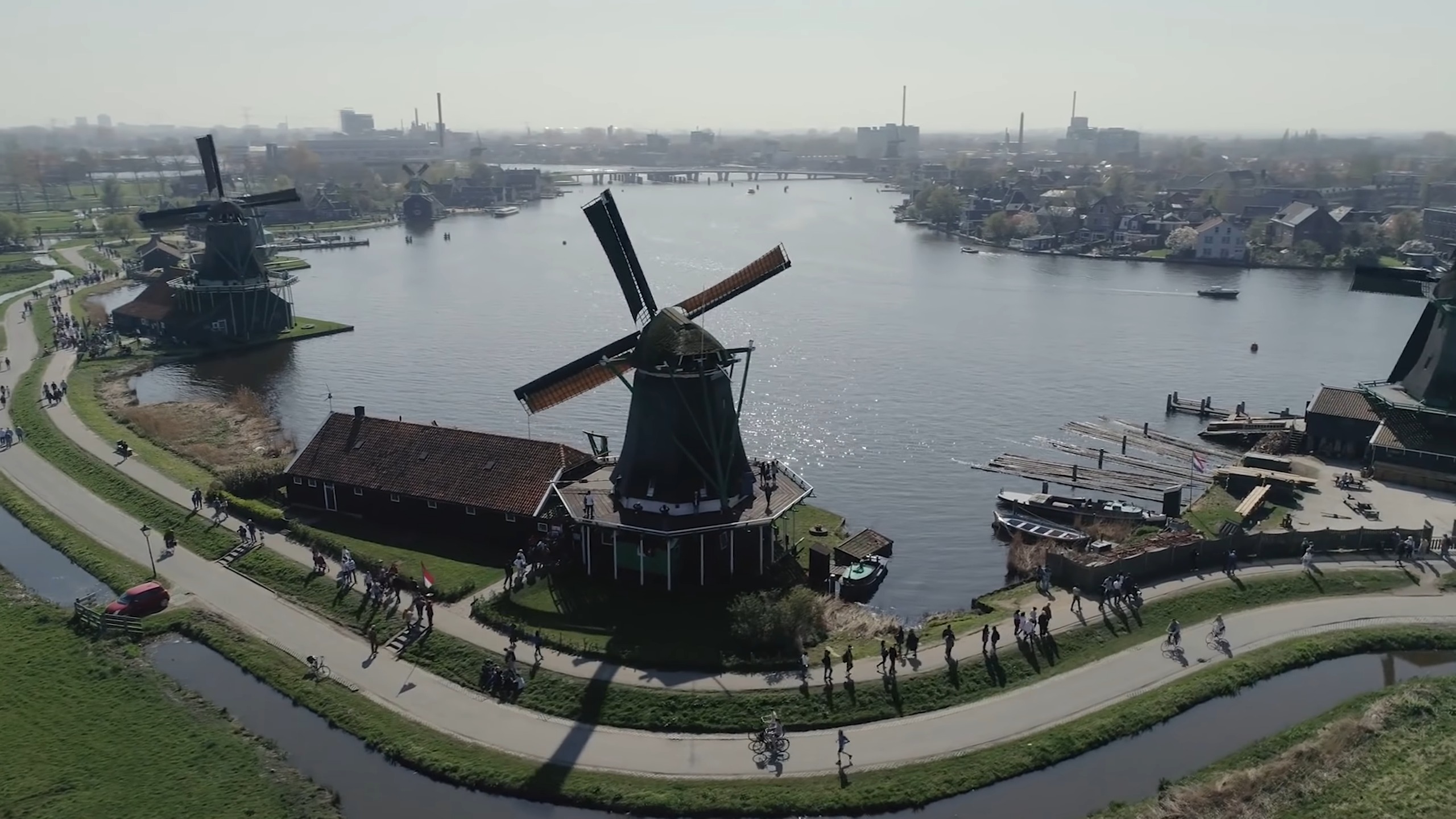
As I read on Holland.com Netherlands, often referred to as Holland, is renowned for its tulip fields, windmills, and cycling routes. Beyond its scenic beauty, it stands as a robust economic force in the European Union, with its port of Rotterdam being the largest in Europe.
Economic Insights
- Rule of Law: The Netherlands is characterized by a strong adherence to the rule of law. The country’s property rights score is an impressive 95.6, judicial effectiveness stands at 96.6, and government integrity is rated at 91.0, as per the Heritage Foundation.
- Open Markets: The trade freedom score for the Netherlands is 78.6, and its investment freedom is commendable at 90.0. The financial sector is dynamic, with a financial freedom score of 80.0.
Political and Social Landscape

Prime Minister Mark Rutte’s center-right VVD party emerged victorious in the March 2021 elections. After nearly nine months of negotiations, he formed a coalition with the center-left D66 and center-right CDA and CU parties.
According to OEC Netherlands boasts the EU’s fifth-largest economy, driven by exports of chemicals, refined petroleum, and electrical machinery. The country also has a highly mechanized and profitable agricultural sector.
However, government plans to reduce emissions have led to tensions, especially concerning the agricultural sector’s future.
9. Denmark: Scandinavian Saga of Welfare and Wealth
As reported by Denmark.dk Scandinavian nation, is known for its high standard of living, innovative designs, and a strong welfare state. Its commitment to free-market principles, coupled with a comprehensive social safety net, offers a unique blend of capitalism and welfare.
Economic Insights
- Rule of Law: Denmark’s dedication to the rule of law is evident in its robust property rights and an efficient judiciary system. The nation’s commitment to government integrity is also noteworthy, ensuring a transparent and corruption-free environment.
- Open Markets: Denmark’s open-market policies have facilitated global trade and foreign investments. The nation’s financial sector is well-developed, offering a wide range of services, and is complemented by a dynamic entrepreneurial environment.
Political and Social Landscape
Denmark is a constitutional monarchy with a parliamentary system of governance. The nation has been a frontrunner in promoting renewable energy, especially wind energy, and aims to be carbon neutral by 2050.
The Danish economy is characterized by extensive government welfare measures and a high degree of economic freedom. While the country has a broad-reaching welfare system, it also boasts a competitive and dynamic business environment, making it attractive for both businesses and workers.
10. Sweden: Melding Innovation with Inclusive Capitalism
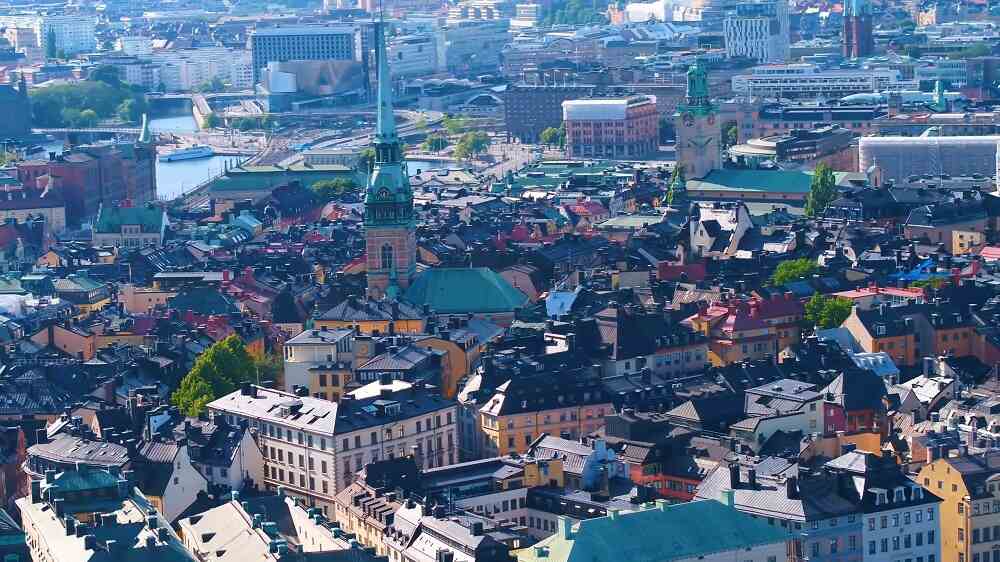
Sweden, another gem from Scandinavia, is globally recognized for its innovative industries, ranging from tech startups to traditional sectors like timber, hydropower, and iron ore. The nation seamlessly blends capitalism with a comprehensive welfare system.
Economic Insights
- Rule of Law: Sweden’s commitment to the rule of law is unwavering. Strong property rights, an effective judiciary, and high government integrity ensure a stable and transparent business environment.
- Open Markets: Sweden’s economy thrives on its open-market policies, promoting free trade and foreign investments. The financial sector is robust and competitive, fostering innovation and entrepreneurship.
Political and Social Landscape
Sweden is a parliamentary democracy where the monarch’s role is largely ceremonial. The nation has a rich history of promoting peace, democracy, and human rights. Sweden’s economy is export-oriented, with timber, hydropower, and iron ore playing crucial roles.
The country is also home to some global giants like IKEA, Ericsson, and Volvo. While Sweden offers a broad welfare system, it also promotes free-market policies, ensuring economic dynamism and growth.
Benefits and Drawbacks of Capitalism
There are benefits and drawbacks to a capitalist economy. For example:
- Benefits:
- Capitalism cultivates competition, which often drives both innovation and affordability.
- The best products sell at the best possible prices.
- Economic growth is another significant benefit.
- Drawbacks:
- Capitalism does not promote equality of opportunity.
- Some people may not get the opportunities that others receive.
- The unrestrained “supply and demand” nature of the free market can result in prices too high for lower-income individuals to afford.
Does Absolute Capitalism Exist?
In theory, yes. In practice, no country in the world has ever achieved a 100% capitalist, “laissez-faire,” or free-market economy. All capitalist economies are mixed to one degree or another. The following are some high-profile examples:
Is America Capitalist?
Yes, but not completely. The United States is referred to as a mixed market economy, blending characteristics of both capitalism and socialism. While the means of production are privately owned, the economy has regulations, taxation, and some subsidization.
Is Russia Capitalist?
It’s arguably borderline. Some experts suggest that Russia is a “state capitalist” economy, but others maintain that Russia is a “mixed market” economy. The state controls approximately 55% of Russia’s economy.
Is Japan Capitalist?
Yes, but in an altered form. Japan is a capitalist country in the form of “collective capitalism”. Collective capitalism focuses on long-term relationships, such as companies owning shares in other companies.
FAQs
What is the primary difference between capitalism and socialism?
Capitalism emphasizes individual ownership and the free market. In a purely capitalist economy, decisions regarding production, investment, and distribution are driven by individuals or corporations in the market, whereas in socialism, these decisions are made by the government or the collective.
How does capitalism promote innovation?
Capitalism encourages competition, which in turn promotes innovation. Businesses compete to provide the best products and services, leading to technological advancements and better offerings for consumers.
Are there any downsides to capitalism?
While capitalism can lead to economic growth and innovation, it can also result in income inequality, with wealth accumulating among a small percentage of the population. This can lead to social disparities and economic imbalances.
How do countries measure economic freedom?
Economic freedom is typically measured using various factors, including the rule of law (property rights, government integrity), government size (tax burden, government spending), regulatory efficiency (business freedom, labor freedom), and open markets (trade freedom, investment freedom).
Why don’t some countries fully adopt capitalism?
Some countries believe in a mixed economy, combining elements of both capitalism and socialism, to address the downsides of both systems. Others may have political or cultural reasons for not fully adopting capitalism.
Final Words
In the ever-evolving global economic landscape, understanding the nuances of capitalism and its implementation across countries is crucial. While the concept remains consistent, its execution varies, influenced by regional, political, and cultural factors. As we’ve explored the most capitalist countries, it’s evident that economic freedom plays a pivotal role in a nation’s prosperity and growth. However, it’s equally important to strike a balance to ensure that the benefits of capitalism reach every stratum of society.












